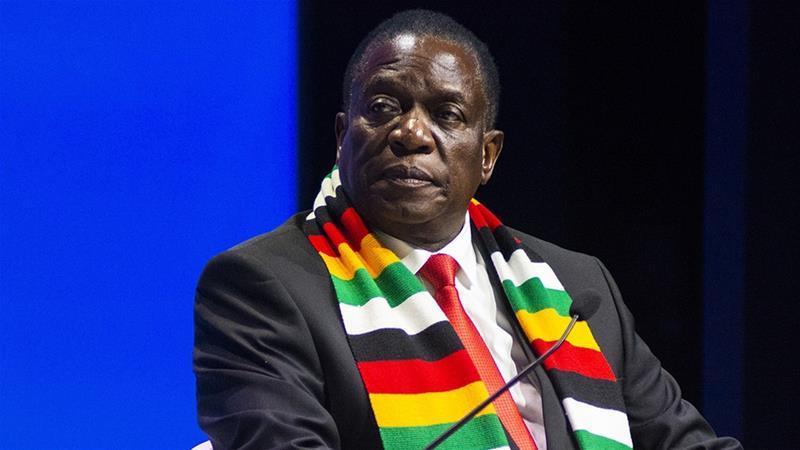THE INTERNATIONAL Monetary Fund (IMF) has warned that Zimbabwe’s economy is likely to take a battering from the coronavirus outbreak that has paralysed the world as it would make it harder to balance macroeconomic stability.
Prior to the spread of the coronavirus or COVID-19 that was first detected in China’s Hubei province late last year, the IMF had already slashed its 2020 economic growth projection for Zimbabwe from 2.7% to 0.8%, citing poor performance of the agriculture sector and government’s “policy missteps”.
The country is under a 21-day lockdown to try and control the spread of the disease with far-reaching disruptions of local businesses.
Bleak economic outlook
In a statement, the IMF said that it was now apparent that the outbreak would adversely impact the economic outlook.
“Covid-19 will make it even harder to balance the policies needed to restore macroeconomic stability with those to address urgent social needs,” the IMF said.
“Zimbabwe is experiencing an economic and humanitarian crisis.
“Macroeconomic stability remains a challenge: the economy contracted sharply in 2019, amplified by climate shocks that have crippled agriculture and electricity generation; the newly introduced Zimbabwe dollar has lost most of its value; inflation is very high; and international reserves are very low.”
Reform agenda
After the 2018 elections, President Emmerson Mnangagwa’s government adopted a reform agenda focused on macroeconomic stabilisation.
In May last year it adopted the IMF’s staff-monitored programme, but in February this year the institution declared that Zimbabwe had gone off-track because of mixed policy implementation.
Mnangagwa took over from longtime ruler Robert Mugabe following a military coup in 2017 promising a quick turnaround, but so far his government has struggled to set the pace for economic revival.
The economy is saddled with hyperinflation and widespread shortages of fuel and electricity.


Comments Form
2 Comments
Indeed Zimbabwe will be hard hit by the compulsory lockdown which is not avoidable. Its economy is already battered but the question is wether it is better to rescue the country now or deal with its total collapse later. The country is well endowed with mineral resources and it is from that perspective that it can be helped by the Bank instead of watching it collapse instead of proposing a rescue package in leeu of its resources. The situation is hitting ordinary people more.
All countries will emerge from the Covid 19 economically bruised and some worse than Zimbabwe especially LDCs. Another question is wether the interntional community will watch as the masses of Zimbabweans will continue to die from diseases and hunger.
The question is not whether the international community will “rescue the Zimbabwe masses”, again. The question is when will the strangling cartel and the selfish secure-acrates (who have continually run the country into the ground) be willing to step aside and let the country grow again under total change for good governance.